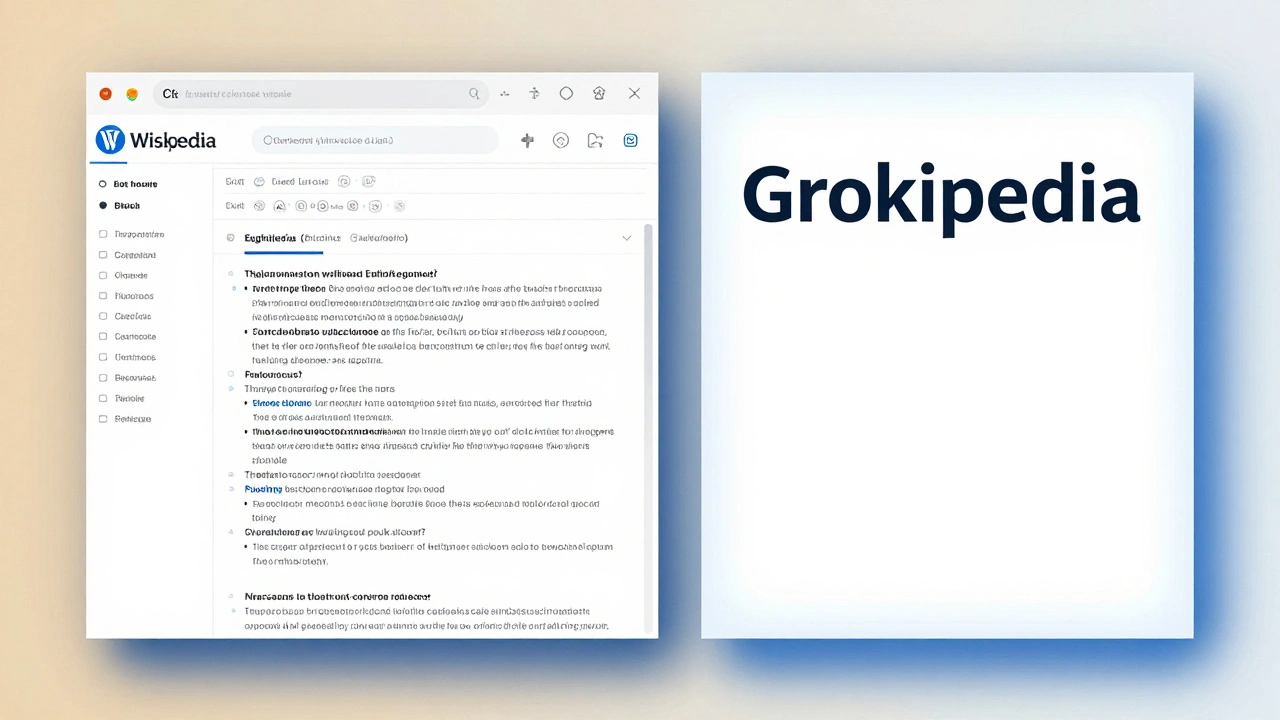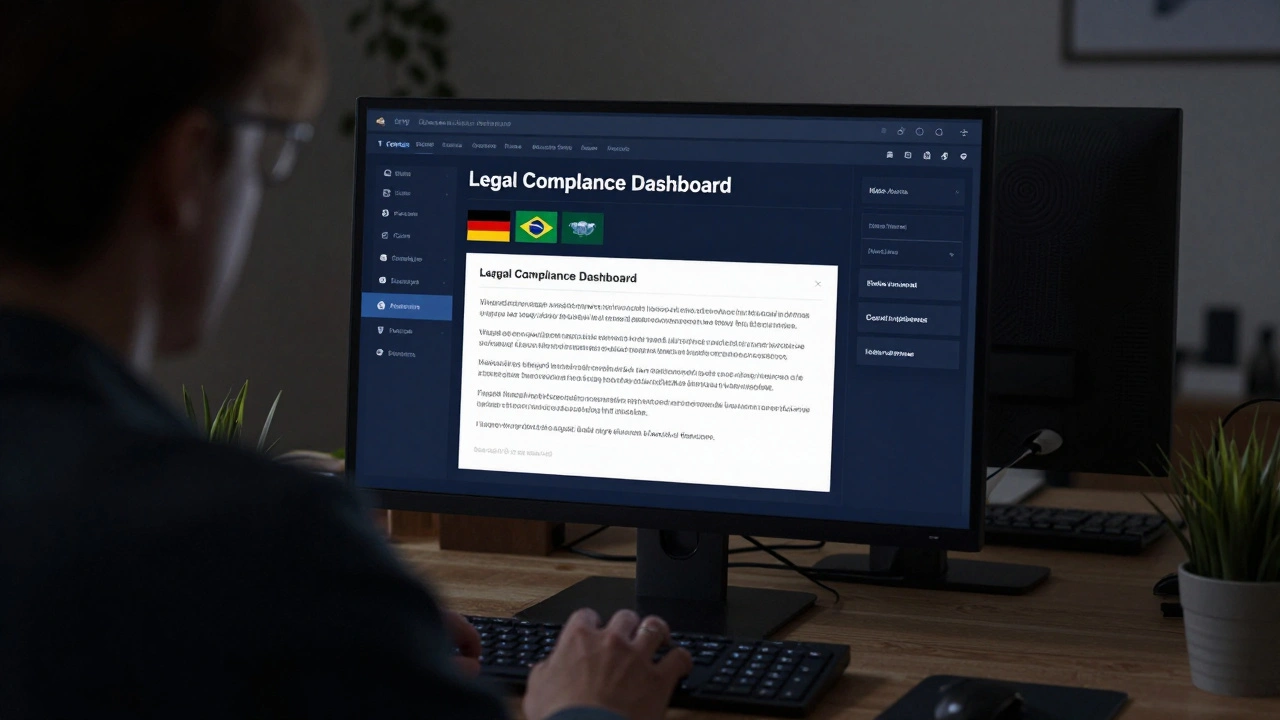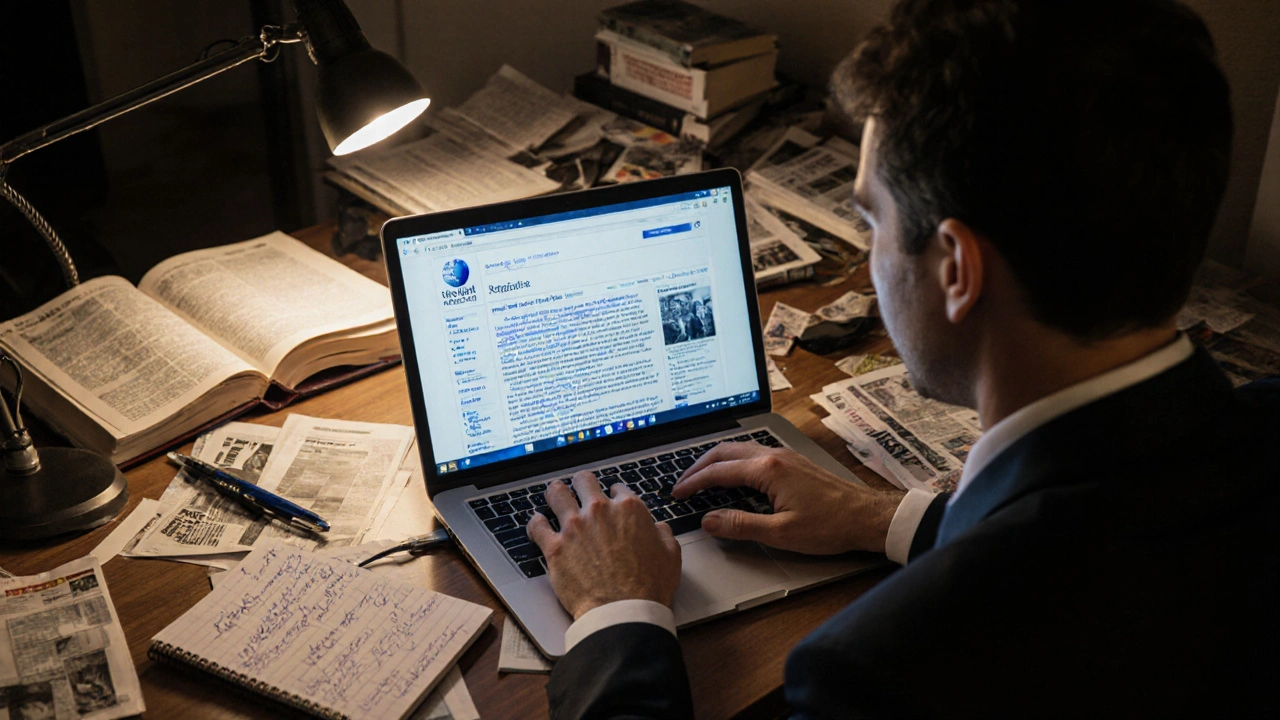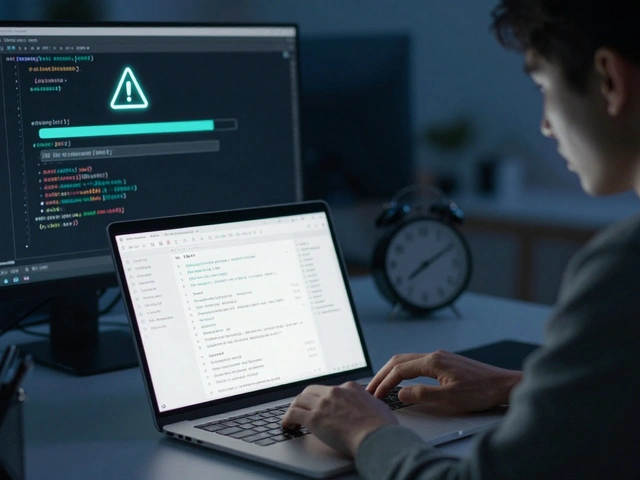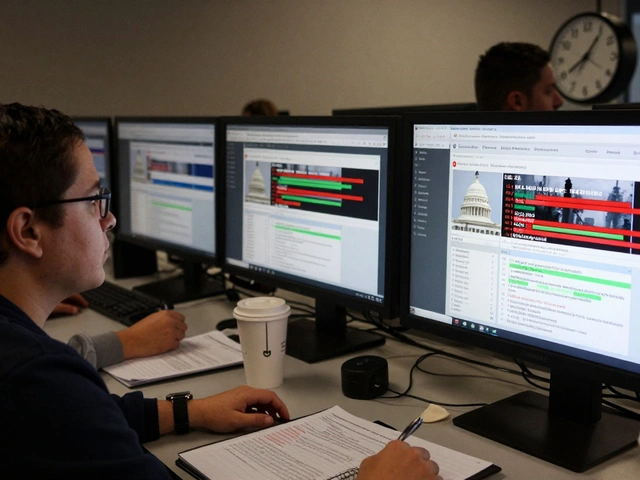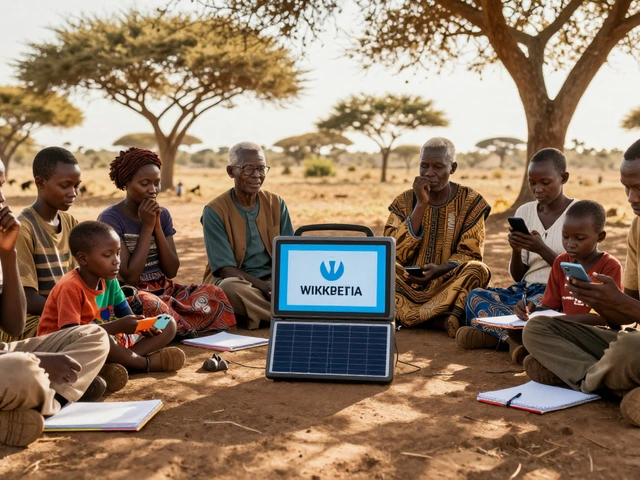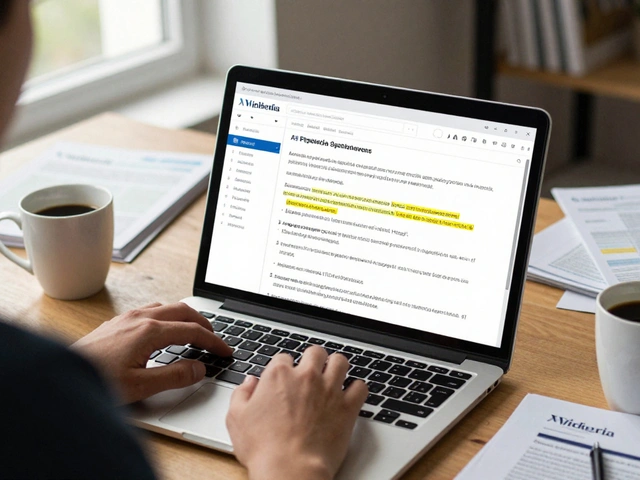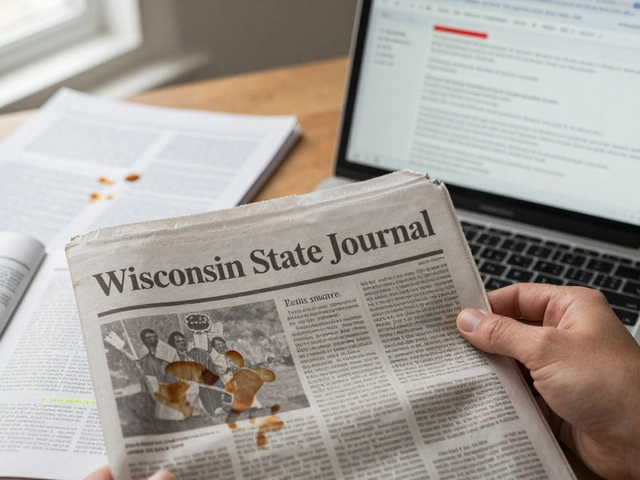Online Encyclopedias: How Wikipedia Leads the Fight for Open Knowledge
When you think of online encyclopedias, digital reference platforms that compile and organize knowledge for public access. Also known as digital encyclopedias, it isn’t just about having answers—it’s about who built them, how they’re kept honest, and whether you can trust what you read. Wikipedia is the biggest, but it’s not the only one anymore. AI-powered encyclopedias are popping up fast, promising instant answers with no human in the loop. But here’s the catch: people still trust Wikipedia more. Why? Because every fact has a source, every edit is visible, and real people argue over wording until it’s right.
That’s not magic. It’s a system built on volunteer editing, the practice of unpaid individuals improving content through collaboration, debate, and policy, and open knowledge, the principle that information should be freely shared, reused, and improved by anyone. These aren’t just buzzwords—they’re the backbone of what makes Wikipedia different. While AI encyclopedias generate text from patterns, Wikipedia relies on real people checking citations, fixing bias, and defending neutrality. You can’t automate due weight. You can’t code out harassment that silences minority voices. And you can’t fake the decades of community trust built through transparency.
That’s why the fight isn’t just about accuracy—it’s about control. Who gets to decide what’s true? AI companies hide their training data. Wikipedia publishes every edit. AI tools show fake citations that look real. Wikipedia requires every claim to link to a verifiable source. And when copyright holders try to erase content? Wikipedia fights back, sometimes losing articles, but always explaining why. This isn’t a passive archive. It’s a living, arguing, improving ecosystem. You’ll see that in the posts below: how WikiProjects turn good articles into gold, how African language editions are reclaiming knowledge, how editors use watchlists to stop vandalism before it spreads, and how journalists use Wikipedia not as a source—but as a map to real evidence.
These aren’t niche stories. They’re the quiet revolution behind every search you make. If you’ve ever wondered why Wikipedia still wins when everything else is getting AI-powered, the answers are here. Not in hype. Not in algorithms. In the hands of real people who show up, day after day, to make sure the world’s knowledge doesn’t disappear into a black box.
Grokipedia and AI-Generated Encyclopedia Content: The Challenge to Collaborative Knowledge
Grokipedia is an AI-generated encyclopedia that produces content at lightning speed-but without human oversight. While it's fast and polished, it lacks accountability, transparency, and the ability to correct bias. Understanding how it differs from collaborative platforms like Wikipedia is critical for using AI knowledge responsibly.
Regulatory Pressures: How Content Moderation Rules Are Changing Online Encyclopedias
Regulatory laws are forcing online encyclopedias like Wikipedia to change how they handle edits, sources, and content removal. What once was open collaboration is now a legal minefield.
How Branding and Trust Seals Influence Encyclopedia Adoption
Branding and trust seals are critical for online encyclopedias to gain user trust and adoption. Clear identity and verified credentials make users more likely to cite and return to a platform.
The Ethics of Using Wikipedia Content in Professional Journalism
Wikipedia is a quick reference for journalists, but using it as a source risks credibility. Learn how to ethically use Wikipedia for research without compromising journalistic integrity.
